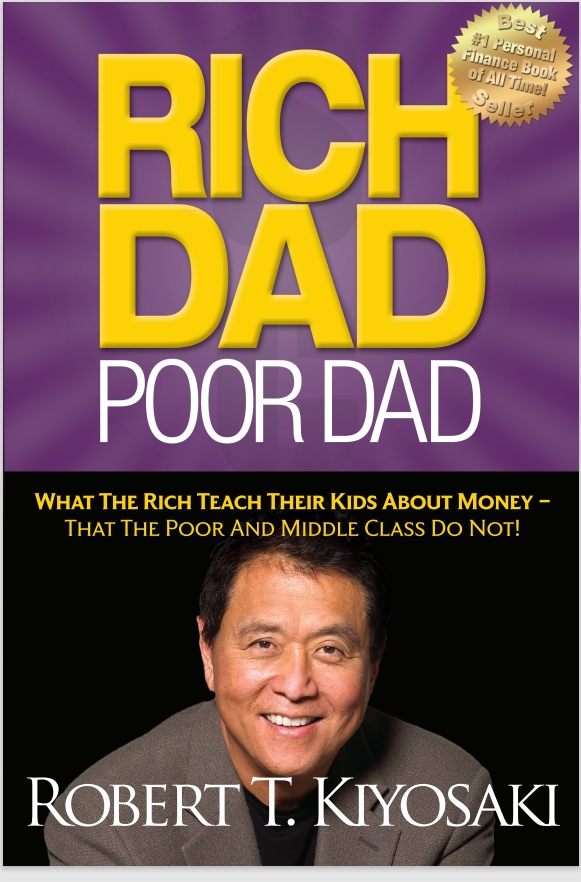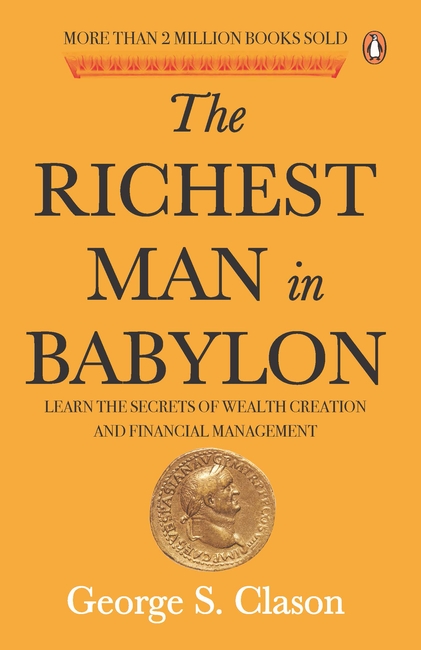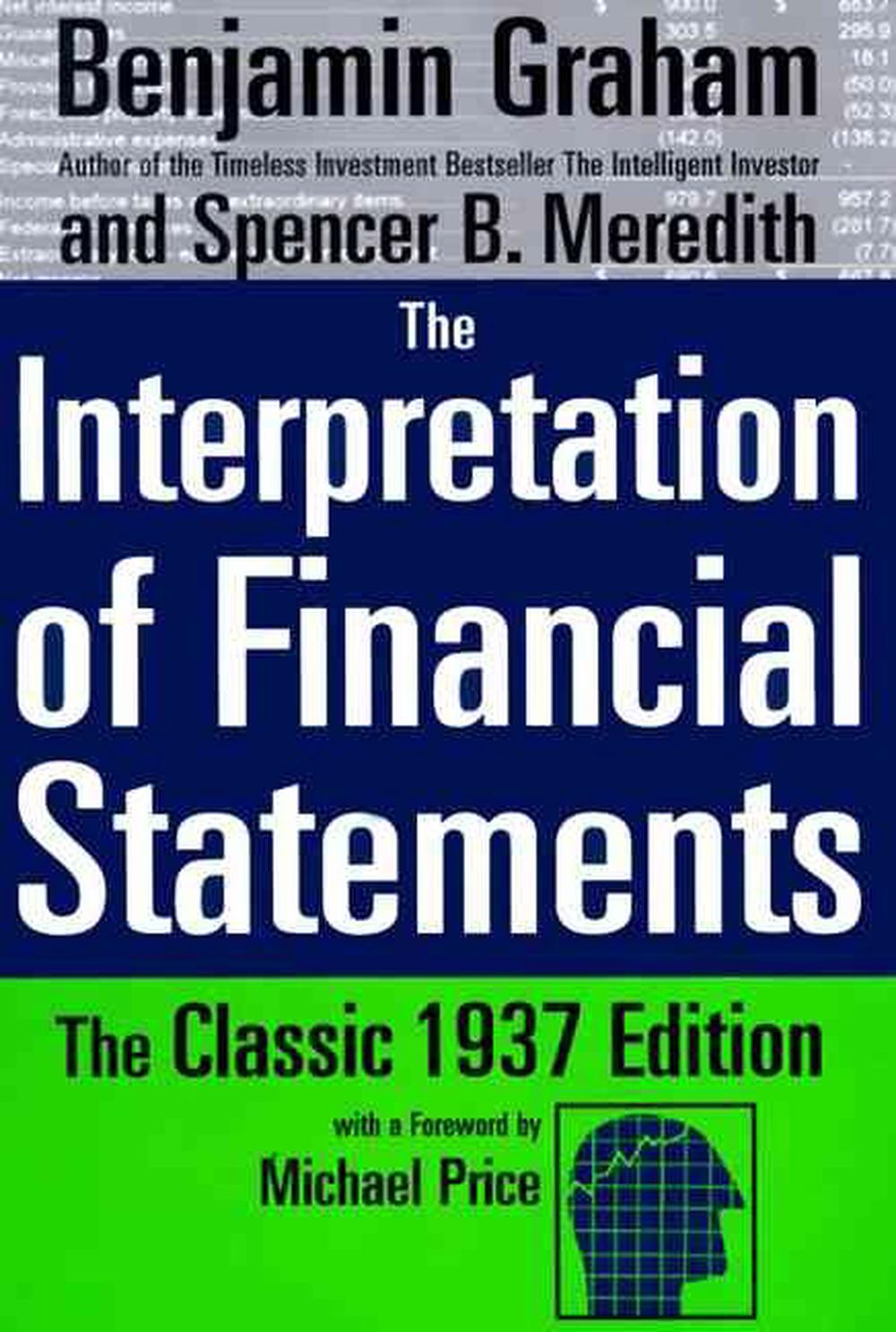
Last updated on March 10th, 2025 at 09:16 pm
In the world of personal finance, few books have had as profound an impact as Robert Kiyosaki’s “Rich Dad Poor Dad.” The book provides timeless lessons on money management, investing, and financial independence. Below, we delve into some of the key lessons from the book, offering actionable insights to help you achieve financial success.
1. The Importance of Financial Education
Financial education is crucial for financial success. Traditional schools often focus on academic and professional skills but seldom teach how to make money work for you. Investing time and resources in learning about finances, investments, and money management is essential. This might include reading books, attending seminars, or taking online courses.
2. Mindset Matters
Your mindset towards money can significantly impact your financial success. A positive attitude towards wealth and financial growth is essential. Adopting a growth mindset and believing in your ability to improve your financial situation through education and smart choices can make a substantial difference.
3. Assets vs. Liabilities
Understanding the difference between assets and liabilities is crucial for building wealth. Assets put money in your pocket, while liabilities take money out. Focus on acquiring assets such as investments, real estate, and businesses while minimizing liabilities like debt and unnecessary expenses.
4. The Importance of Entrepreneurship
Owning a business or being an entrepreneur can pave the way to financial independence. Consider starting your own business or investing in others. Entrepreneurship offers control over your financial future and numerous opportunities for wealth creation.
5. Work to Learn, Not to Earn
Use your job as a platform for learning rather than just a source of income. The skills and experiences you gain will benefit you in the long run. Seek jobs and opportunities that provide valuable experiences and skills, even if they don’t offer the highest salary.
6. Overcome Fear and Take Risks
Fear of losing money prevents many people from becoming wealthy. Learn to manage risk rather than avoid it. Educate yourself about investments and take calculated risks to grow your wealth.
7. The Power of Corporation
Utilize corporate structures to your advantage. Corporations can offer tax benefits and legal protections. Understand the benefits of incorporating your business and use corporate structures to optimize taxes and liability protection.
8. Mind Your Own Business
Even if you work for someone else, focus on building your own assets and wealth. While working a job, invest in creating additional income streams and growing your own assets.
9. The Importance of Financial Statements
Understanding how to read and interpret financial statements is essential for making informed financial decisions. Learn to create and analyze your own balance sheet and income statement to track your financial health.
10. Invest in Real Estate
Real estate is a tangible asset that can generate passive income and appreciate over time. Consider investing in real estate as a means to build wealth and create passive income streams.
11. Avoiding the Rat Race
The cycle of working for money and then spending it leads to financial instability. Break out of the rat race by creating income-generating assets and living below your means.
12. Pay Yourself First
Prioritize saving and investing over paying expenses. Allocate a portion of your income to savings and investments before paying bills and expenses.
Conclusion
“Rich Dad, Poor Dad” provides invaluable insights into achieving financial success through education, smart money management, and a proactive mindset. By implementing these lessons, you can build a solid foundation for financial independence and long-term wealth. Whether you are just starting on your financial journey or looking to refine your strategy, these principles can guide you towards a more prosperous future.




